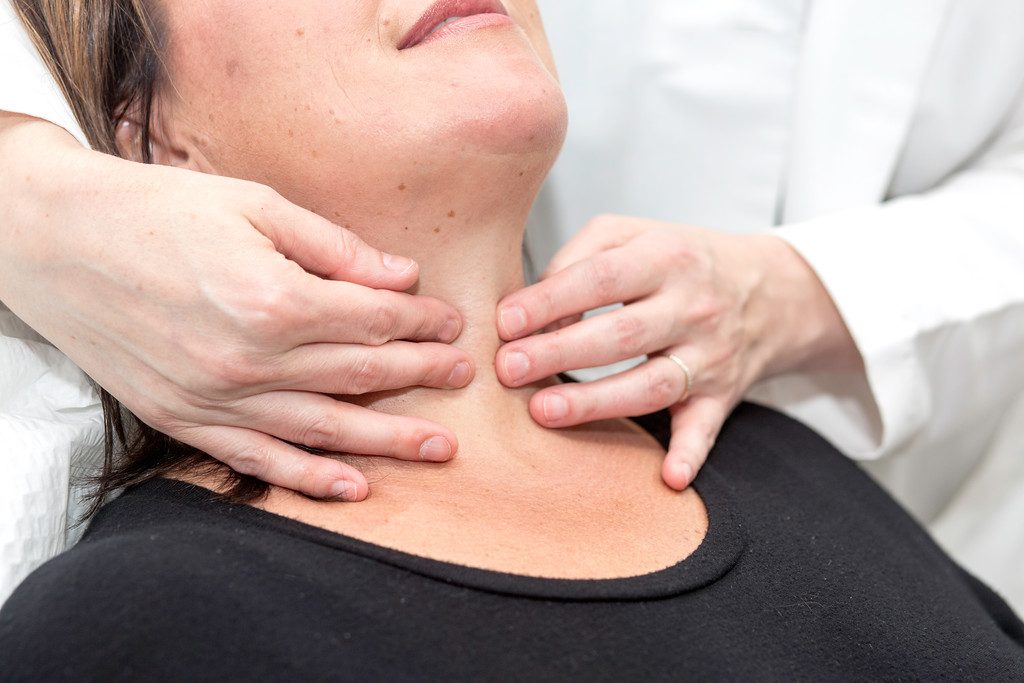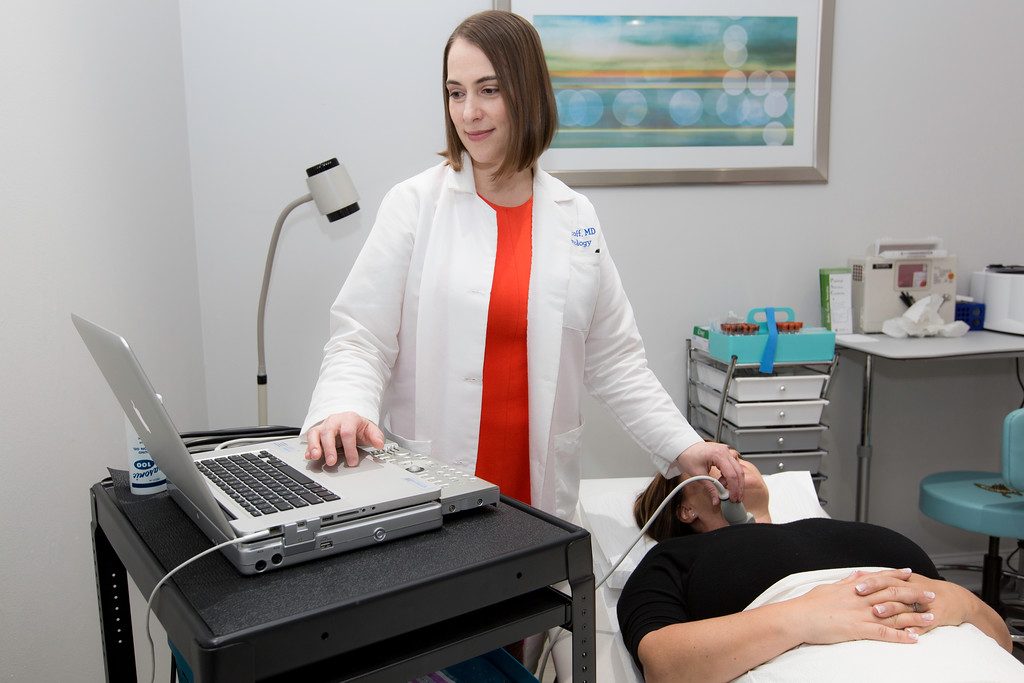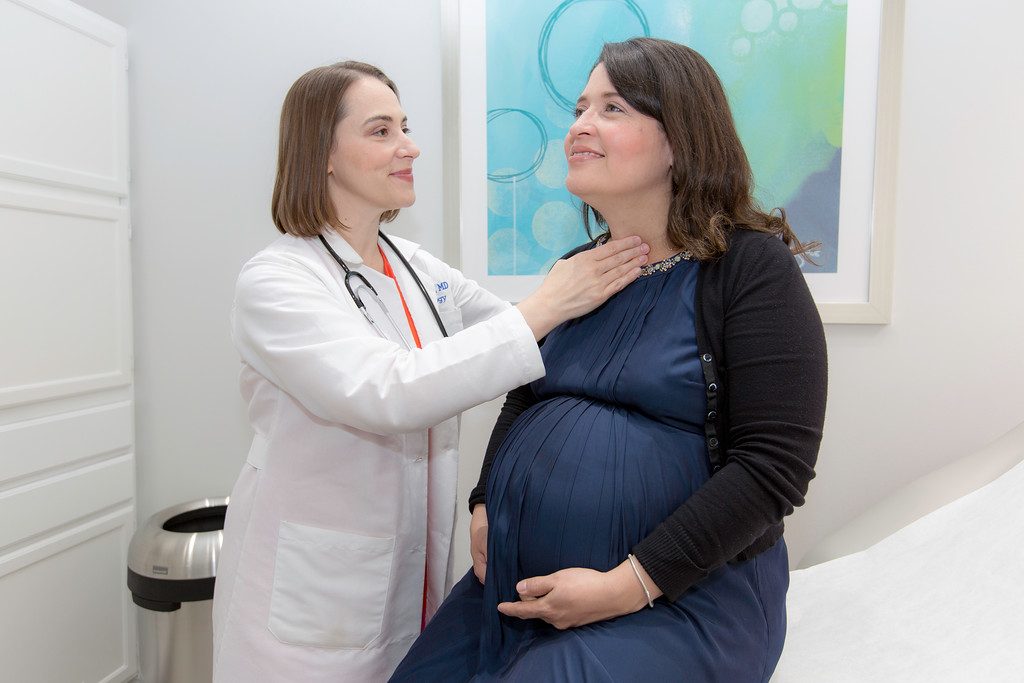The thyroid is the motor of the body, and people can develop problems when the thyroid is either making too much thyroid hormone (hyperthyroidism) or not enough (hypothyroidism). Often, the cause of the thyroid problem is an autoimmune disease. An autoimmune disease is when the immune system mistakenly attacks certain tissues in the body.
Dr. Barkoff believes that testing for the presence of antibodies does make a difference. In her experience, it’s very important to know if the cause of the thyroid problem is autoimmune so she can integrate reducing inflammation along with targeted thyroid treatment.



